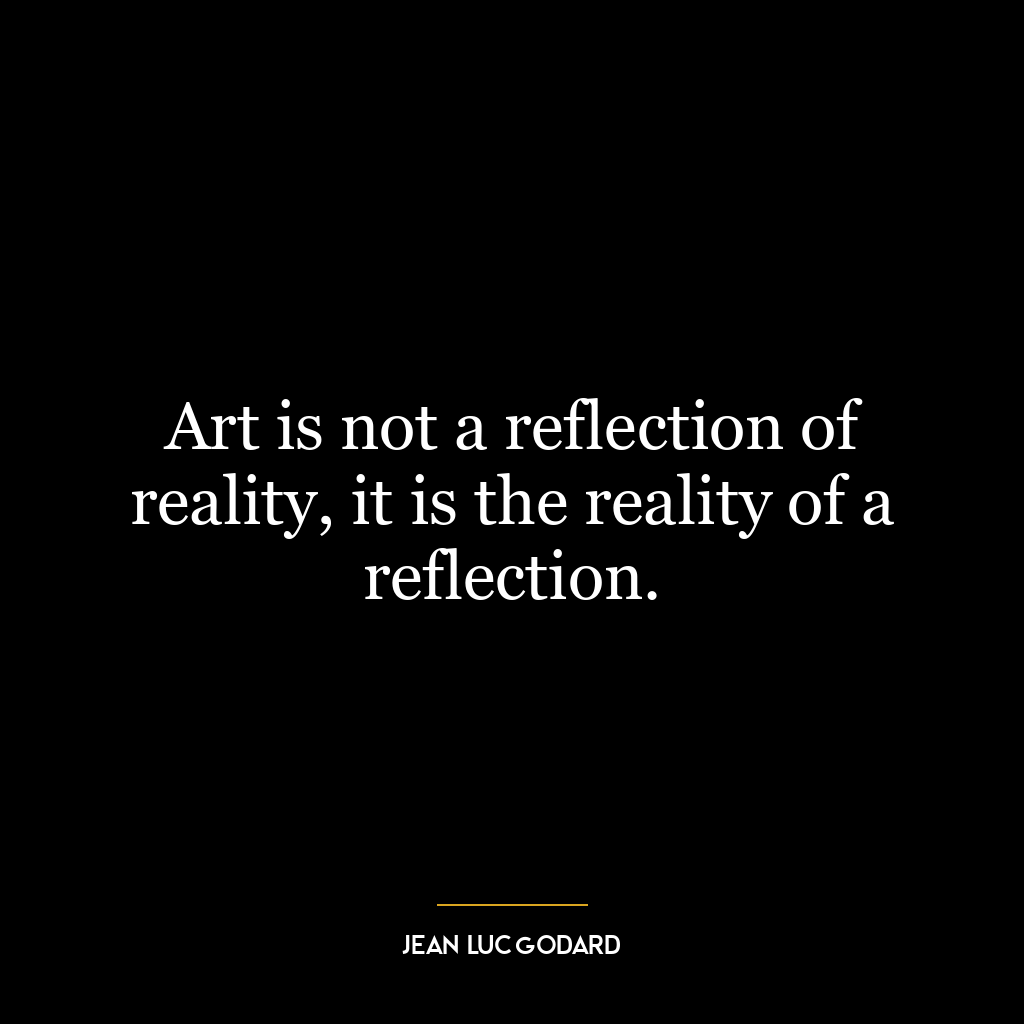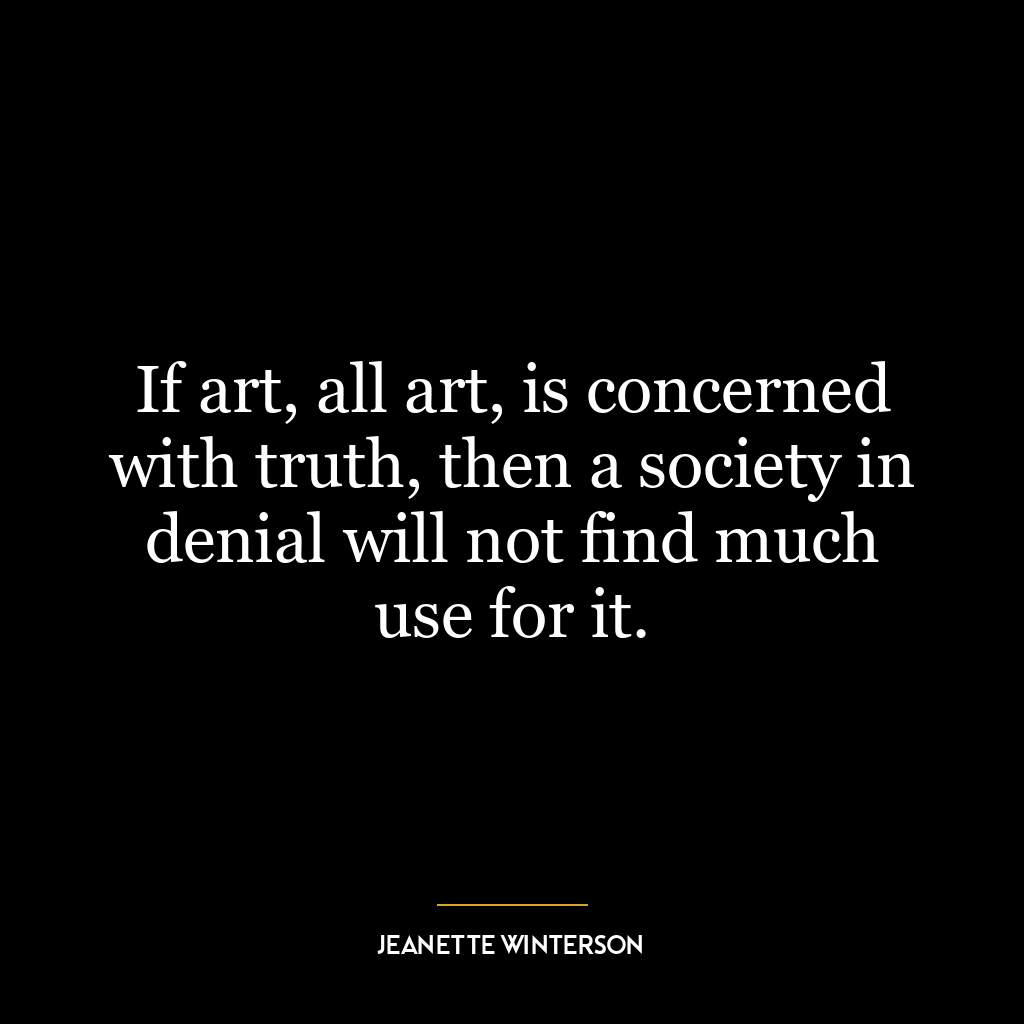A man can’t be always defending the truth; there must be a time to feed on it.
This quote by C. S. Lewis suggests that a constant defense of truth is not the only way to honor it; there’s also a need to absorb, understand, and internalize it. It implies that truth is not just something to be advocated or argued for, but also something to be deeply understood and lived.
The phrase “defending the truth” suggests an active engagement in debates or arguments where one feels compelled to stand up for what they believe is true against opposition. While this can certainly be important, Lewis points out that it should not consume all our energy and time.
The second part of the quote “there must be a time to feed on it” introduces a different perspective on how we interact with truth. Here, ‘feeding’ on the truth could mean taking time for introspection and contemplation, allowing ourselves space to grow in our understanding and application of these truths in our own lives.
Applying this idea today might suggest that while social activism (defending truths) is important, so too is personal growth (feeding on truths). In an era where people often engage in heated debates over various issues online or offline – from politics and human rights issues – there may be value in stepping back from constant argumentation.
In terms of personal development, this could mean focusing less on always trying prove oneself right or persuade others of one’s viewpoint (defending), and more on self-reflection, learning new perspectives (feeding). This doesn’t imply abandoning your beliefs or values but deepening them through thoughtful consideration rather than perpetual debate.
Ultimately, this quote encourages balance between advocating for what we believe in externally while also cultivating understanding internally. It reminds us that living out our truths can sometimes speak louder than any argument we make defending them.








